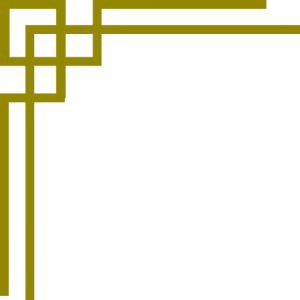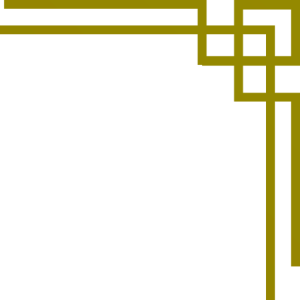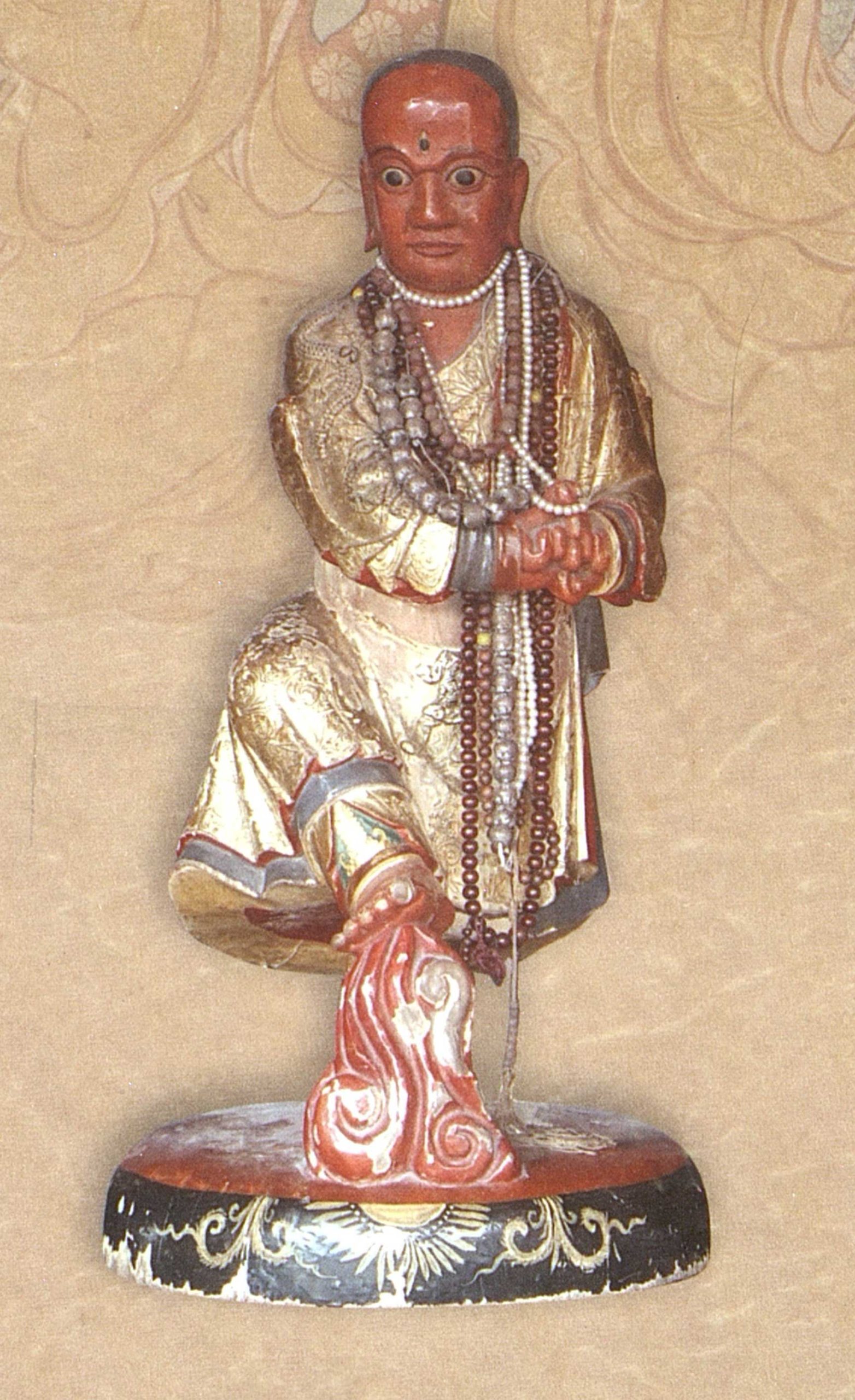The Engchoon Kuala Lumpur History Gallery





Ancestral Deity Beliefs
in Engchoon
At present, the study of folk beliefs has become a trend, with more and more scholars engaging in the research of local community folk beliefs. The ancestral deity beliefs among the Engchoon people in Malaysia is particularly noteworthy. Most of the deities worshipped by the Engchoon people in our country originate from their hometown and brought to the Malay Peninsula by their ancestors. These deities have been worshipped in Engchoon for hundreds of years.
Engchoon spans 120 kilometers from east to west and nearly 40 kilometers from north to south, with 22 towns and villages, each having its own ancestral deity beliefs. Due to early geographical conditions in Fujian, inconvenient transportation, and lack of information flow, deity beliefs became an important spiritual support, and seeking divine guidance became a crucial way to solve daily problems. In various places, there are local deities revered by believers, leading to the concept of “Jing Zhu Gong”, i.e.deities overseeing a specific region.
For example, Feng Jintou Street in Wuli Street Town of Engchoon is divided into seven boundaries and thirteen columns. The “boundary” is centered around the street market as the commercial core, while the columns rely on the periphery areas, forming the commercial network structure of Wuli Street. Each boundary or several boundaries together have a land temple or other temples. Each temple enshrines several deities, and the people in each boundary have their own “Jing Zhu Gong.”
Additionally, in Jiefu Township above Wuli Street Town, there are three villages. Fudong Village has two single-surname villages, namely Yangmei of the Zheng clan and Daqiutou of the Lin clan. For clans, the territory within their domain is their clan boundary, and the guardian deity worshipped within the territory is called “Jing Zhu Gong.”
The “Jing Zhu Gong” of each place is the guardian deity of the local clan, which is also the ancestral deity of the clan. In Engchoon, temples worshiping clan guardian deities are not open to outsiders; only members of that clan can perform the rituals. Generally, non-clan members do not enter the temple to offer incense, which has become an unwritten rule in Engchoon County.
In the agricultural era, deity beliefs played a cohesive role in conservative societies, serving as an important spiritual support. The bonds formed through shared deity tightly united clan members, and the birthdays of the ancestral deities became significant local celebrations. Young people working far away would return home to participate, strengthening clan identity through these activities.
In the era of late Qing Dynasty until the early Republic of China, many people from Fujian brought their deities with them when they migrated, praying for their safe arrival at their new homes. Many Fujian deities thus “immigrated” overseas and continued to receive worship and provide protection to the Chinese communities abroad. Some families would organize and use the names of their ancestral temples from their hometowns, fully replicating and spreading their ancestral deity beliefs in their new locations. This not only perpetuates the folk belief culture of Engchoon but also continues the cultural heritage of the clans.
The number of clan organizations among Engchoon people far exceeds those from other Fujianese communities, the clan migration is just one of the reasons. The bond of local deity belief also plays a significant role. Due to the reverence Engchoon people hold for their deities, as long as conditions are allowed, ancestral temples or clan organizations will be established. Some temples thrive with vigorous incense burning, and clan ancestral deities gradually evolve into local deities revered by people of various origins and dialect groups. For instance, in Malacca, Malaysia, the Jin Feng Gong and in Johor, Malaysia, the Yun Feng Gong, where the temple’s main deity Lord Wang the Grand Marshal was originally the guardian deity of the Yang Mei Zheng clan from Fudong Village, Jiefu Township, Engchoon County, Fujian Province, China. The deity moved to Southeast Asia and transcending the clan’s regional boundaries, this is quite similar with the assimilation process among the people of different places of origins.
After the investigation, the ancestral deity beliefs of the members of the Engchoon Association in Kuala Lumpur are as follows:
The Great Emperor Bao Sheng is the guardian deity of the Yee clan from Gaoyang
Source: https://tw.bid.yahoo.com/item/100753043603

The Chen clan from Longjin and the Lin clan from Daqiutou both worship the Supreme Emperor Xuantian as their guardian deity
Source: https://www.facebook.com/photo/?fbid=1098387303990846&set=a.286266878536230

Lord Wang the Grand Marshal is the ancestral deity of the Zheng clan from Yangmei.
Source: Provided by TEE BENG LEE

The Zheng clan members from Jiaji Village, Xianjia Town, worship the Long Shu Bodhisattva as their ancestral deity.
Source:Provided by Datuk Teh Siew Keong

The Wang clan members from Dongkeng Village, Sukeng Township, worship the Jin Que Grand Master as their ancestral deity.
Source:Provided by TEE BENG LEE


